1. Can the mind be free? - 3 February 1969 Duration: 99 minutes • The society in which we live is the result of our psychological state. • Where there is fear there is aggression. • For most of us, freedom is something that we don't want. • Inaction is total action. • What is the machinery that builds images? Questions from the audience followed the talk. 2. Thought sustains fear and pleasure - 4 February 1969 Duration: 67 minutes • To understand relationship and to end the conflict in it is our entire problem. • Can man live at peace, within himself and outwardly? • In relationship one becomes aware of the actual state of oneself. • The man that has no sense of fear of any kind is really a free man, a peaceful man. • What is fear? • Can thought be silent? • Conduct becomes virtuous only when thought doesn't cultivate what it considers virtue. • How is it possible to look at the sunset without thought weaving pleasure or pain around it? Questions from the audience followed the talk. 3. Life, death and love - 5 February 1969 Duration: 69 minutes • What is it that we call living? • How can a confused mind find somebody who will tell the truth? • When there is no comparison, no opposite, you are actually faced with the fact of anger, then is there anger? • Without knowing what sorrow is, understanding its nature and structure, we shall not know what love is. • What is it to die? • One is never afraid of the unknown; one is afraid of the known coming to an end. • It is only the mind that has shed all its burdens every day, ended every problem, that is an innocent mind. Then life has a different meaning altogether. Then one can find out what love is. 4. True revolution - 6 February 1969 J. KRISHNAMURTI Duration: 67 minutes • What is a religious mind? • Must one go to an expert to tell us what the unconscious is or can one find it for oneself? • Through the negation of disorder, order comes into being. • It is only the meditative mind that can find out, not the curious mind or the mind that is everlastingly searching. • To meditate implies to see very clearly. It is not possible to see clearly when there is space between the observer and the thing observed. • It is only in silence that there is quite a different dimension.
Can Thought Be Silent? : Four Public Talks - Berkeley USA 1969
Starten Sie noch heute mit diesem Buch für 0 €
- Hole dir während der Testphase vollen Zugriff auf alle Bücher in der App
- Keine Verpflichtungen, jederzeit kündbar
Autor*in:
Sprecher*in:
Sprache:
Englisch
Format:
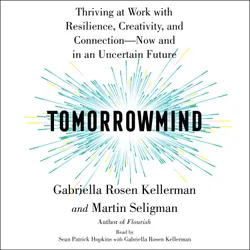
Tomorrowmind : Thriving at Work—Now and in an Uncertain Future
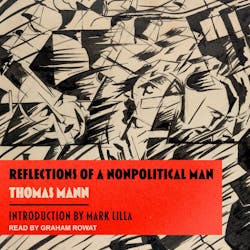
Reflections of a Nonpolitical Man

Briefe an Lucilius / Epistulae morales (Deutsch) : 1. Buch

Cognitive Behavioral Therapy (CBT) Ready to Reprogram Your Brain? Get Rid of All The Negativity You've Been Carrying Around for Years, Eliminate Anxiety, Depression and Welcome Positive Thoughts
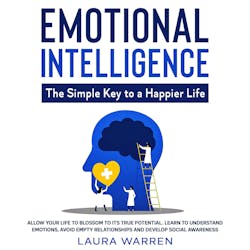
Emotional Intelligence : The Simple Key to a Happier Life Allow Your Life to Blossom to its True Potential. Learn to Understand Emotions, Avoid Empty Relationships and Develop Social Awareness

The Center Holds : Obama and His Enemies
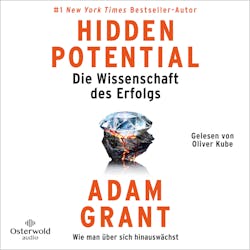
Hidden Potential – Die Wissenschaft des Erfolgs : Wie man über sich hinauswächst
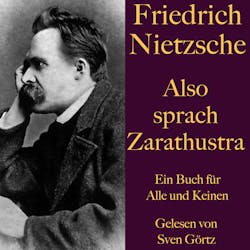
Friedrich Nietzsche: Also sprach Zarathustra. Ein Buch für Alle und Keinen : Ein dichterisch-philosophisches Meisterwerk. Ungekürzt gelesen.

Ein Hormon regiert die Welt : Wie Dopamin unser Verhalten steuert - und das Schicksal der Menschheit bestimmt
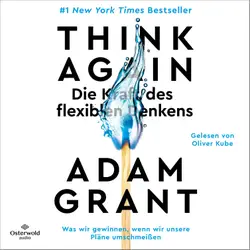
Think Again – Die Kraft des flexiblen Denkens : Was wir gewinnen, wenn wir unsere Pläne umschmeißen
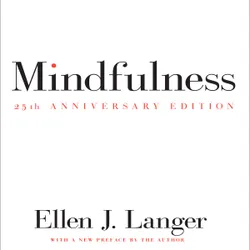
Mindfulness 25th anniversary edition

Briefe an Lucilius / Epistulae morales (Deutsch)

Die Briefe an seine Schulen - Ausgewählte Texte aus dem Buch : Es ist das Anliegen dieser Schulen, eine neue Generation von Menschen hervorzubringen, die frei von selbstbezogenem Handeln sind.
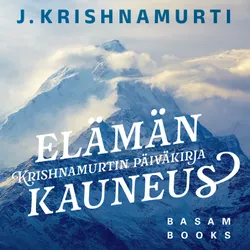
Elämän kauneus : Päiväkirjat 1973-1981

A los Pies del Maestro

Pourquoi avons-nous peur ?
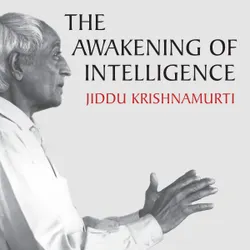
The Awakening of Intelligence

Qué es la meditación

Havaintoja : Päiväkirjamerkintöjä

Temor, placer y amor
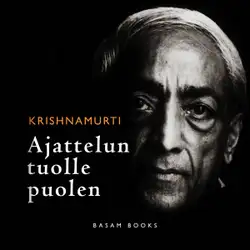
Ajattelun tuolle puolen

La revolución interior : Transformar el mundo

Qué estás buscando
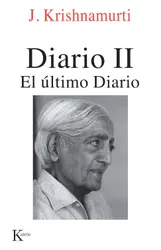
Diario II : El último Diario
